Professor Nguyen Van Tuan said that the proposal to allow key universities that meet the conditions to self-examine and confer the title of Professor or Associate Professor is a correct trend. In the West and Asia such as Japan, Korea, Taiwan (China), universities self-appoint Professors without going through the central council. In Vietnam, Ton Duc Thang University also self-appoints Professors.
This empowerment has three benefits:
Increasing internal competitiveness: Schools that appoint their own professors are responsible for international rankings.
Attracting international talent: Because it no longer has to wait 3-5 years for the State Council to "appoint" it, the school can immediately invite PhDs from abroad to become professors.
Improve the quality of training: In the West, professors must have several PhD students successfully defend their papers within a certain period of time, otherwise they will be demoted. If Vietnam can apply this, the quality of training will be better.
Transparency, post-audit and responsibility in the self-awarding mechanism of Professor and Associate Professor
Journalist: Professor Nguyen Van Tuan, before the proposal that some key, qualified universities can self-award professorships, there are some concerns about the emergence of "title confusion" or "title-seeking". What do you think about this risk? What control mechanism is needed when universities are allowed to self-evaluate and self-award professorships?
Professor Nguyen Van Tuan: There are always risks, but I don’t think they are high. When universities consider the title of Professor, they have to pay attention to budget and prestige. Prestige is a vital factor for a university, because the widespread conferment of Professor titles will cause a loss of social trust, affecting its reputation and ability to attract talent. Therefore, schools will self-regulate to avoid “chaos in titles”.
In fact, at Ton Duc Thang University, in 3 years of self-appointment, the number of real professors is only 1 person, and associate professors and assistant professors are no more than 10.
Even when these titles are approved by the state council, there are opinions that title inflation has occurred.
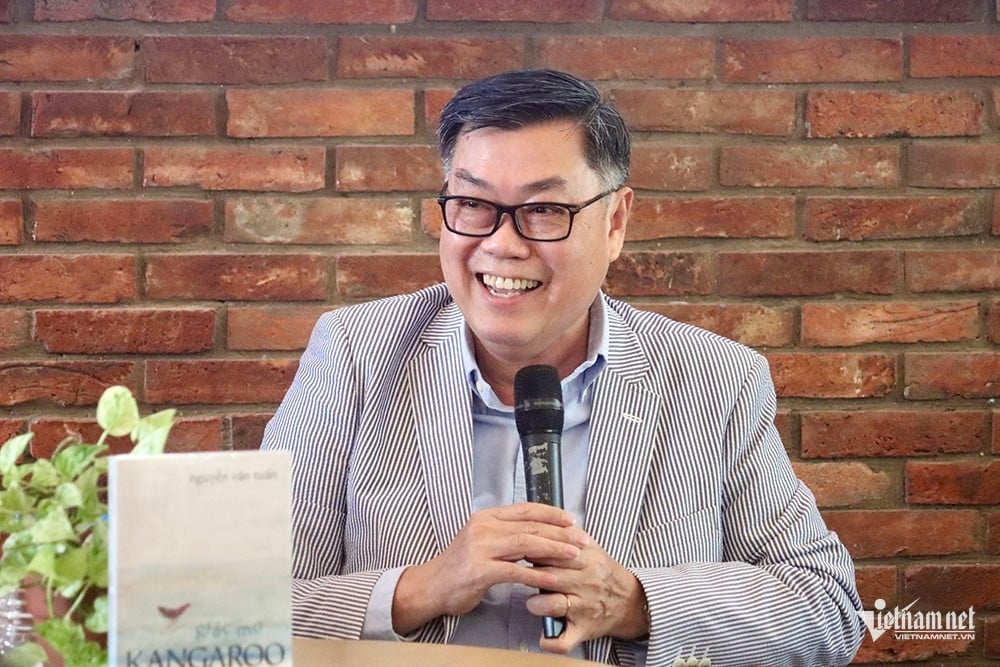
- How should the right to confer academic titles and the accountability of schools be designed to ensure transparency and fairness?
To ensure transparency and fairness when schools are given the right to self-examine and confer the titles of Professor and Associate Professor, there needs to be a three-layer control mechanism: Publicity - Post-inspection - Sanctions.
Information disclosure: Candidate profiles (CV, scientific publications, peer review letters, council meeting minutes) must be publicly posted on the school website at least 90 days before the interview, so that the academic community can monitor and respond, detect errors and fraud, and create natural pressure for transparency.
Independent post-audit: After the school has recognized the title, there should be a National Complaints Committee consisting of 50% non- educational members and about 30% international experts, to ensure standards and objectivity. If violations are found, the title will be revoked and the results of the handling will be made public.
Sanctions and accountability: The university is fully responsible for the decision to confer titles. If there is a violation, the right to self-examination may be suspended; council members who violate the law may be disciplined or banned from participating in future terms. This approach helps to combine autonomy with responsibility.
International lessons and conditions for Vietnam to pilot self-awarding of Professor and Associate Professor titles
- Can you share international experience in reviewing and awarding the titles of Professor and Associate Professor? What lessons can Vietnam learn from this implementation?
In Western countries, the appointment of professors and associate professors is carried out by universities without the intervention of state councils. This process is rigorous and transparent, based on the mechanism of scientific peer review.
Candidate profiles are sent to prestigious professors at prestigious universities in the same field for independent evaluation. The university council relies on the results of peer review and interviews to decide on appointment. This method ensures objectivity, science and limits “title-seeking”.
From that experience, Vietnam can learn: Apply an independent peer review mechanism with domestic and foreign experts; Publicize the review process, clear criteria on research and teaching capacity; Prioritize academic prestige - titles must reflect real capacity, not administrative titles.
Empowerment goes hand in hand with responsibility. Schools that are allowed to self-award titles must also be responsible for the quality of their lecturers and their reputation in academia.
- In your opinion, if Vietnamese universities are allowed to self-evaluate and confer the titles of Professor and Associate Professor, what criteria should they follow? Should they be based on the State's general framework or should each school have its own set of criteria?
There must be minimum standards for scientific articles, research quality, academic reputation, scientific leadership ability, etc. On that basis, each school builds its own set of criteria suitable to its characteristics and development orientation, often higher than the general framework to affirm its reputation.
In Australia, the top university group Go8 has higher standards for considering professorships than other groups, showing that allowing schools to adjust their own standards is necessary and consistent with the spirit of autonomy.
- Which universities are eligible to be piloted for consideration and award of Professor and Associate Professor titles?
It should only be assigned to universities with strong research capacity and high academic reputation, that is, research universities. Specifically, schools must have: Public and transparent appointment procedures and standards; Strong academic staff, at least 20 real professors in many majors; Review board with the participation of professors from prestigious universities at home and abroad; At least 30% of lecturers have a doctorate from a university in the top 200 QS; Outstanding research achievements, funded by domestic and foreign science funds. The pilot should be supervised by the Ministry of Education and Training or an independent accreditation board to ensure autonomy along with academic standards.
- What do you propose when piloting or implementing the self-examination and conferment of Professor and Associate Professor titles at Vietnamese universities?
The most important thing is to tighten standards and focus on scientific quality rather than quantity. When appointment criteria are improved and linked to real academic achievements, the phenomenon of “inflation” of professors and associate professors will not be able to occur.
Previously, I proposed five measures to overcome shortcomings in the process of recognizing the title of Professor:
First, identify legitimate journals. The current problem is the confusion between fake journals and legitimate journals. After the 2020 Professor title review scandal, the Medical Council decided to consider journals in the Web of Science (WoS), Scopus, PubMed and ESCI (Emerging Sources Citation Index) categories as “reputable journals”. Candidates with articles in journals in these categories will be considered for recognition of the Professor title.
Second, consider the reputation of the scientific journal. In the world , there are more than 50,000 scientific journals that are considered legitimate, and these journals are in two main categories: WoS (28,560 journals) and Scopus (37,535 journals). In general, the WoS category is more selective than Scopus, because Scopus tends to include low-quality journals and even fake journals.
Third, we must distinguish between the types of scientific articles. Currently, the standard for recognition of the title of Professor is 5 articles, and for Associate Professor is 3 articles. But the regulation does not say what those articles are. In my opinion, that is a serious shortcoming. In reality, there are many types of scientific articles and the value of the articles is not equivalent.
Fourth, consider the role of the author in the scientific article. Nowadays, scientific research is a multidisciplinary collaborative environment, so each article has many authors. On average, a medical article has about 5-7 authors. But in reality, there are also cases of scientific groups where the article has more than 1,000 authors. Therefore, the problem is how to evaluate the contribution of the candidate author in the article.
Fifth, let's stop relying on the number of articles. In my opinion, there should be no regulation on the number of scientific articles, because quantity does not indicate quality. In addition, this dependence is easily abused by publishing small and unimportant studies. I suggest using the H index for evaluation. A candidate with an H index of 10 means that the candidate has published 10 scientific articles, with a minimum number of citations of 10. Therefore, the H index reflects both quantity and quality; this index is widely used by foreign professor promotion boards.
Source: https://vietnamnet.vn/tu-chu-phong-giao-su-uy-tin-hoc-thuat-la-hang-rao-bao-ve-chat-luong-2457836.html





![[Photo] Da Nang: Water gradually recedes, local authorities take advantage of the cleanup](https://vphoto.vietnam.vn/thumb/1200x675/vietnam/resource/IMAGE/2025/10/31/1761897188943_ndo_tr_2-jpg.webp)
![[Photo] Prime Minister Pham Minh Chinh attends the 5th National Press Awards Ceremony on preventing and combating corruption, waste and negativity](https://vphoto.vietnam.vn/thumb/1200x675/vietnam/resource/IMAGE/2025/10/31/1761881588160_dsc-8359-jpg.webp)

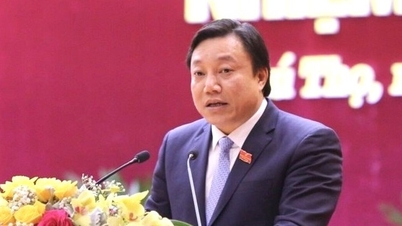
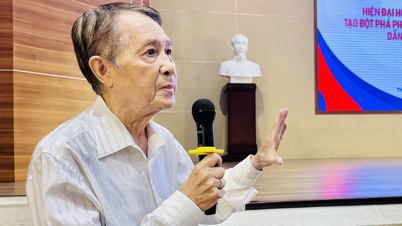

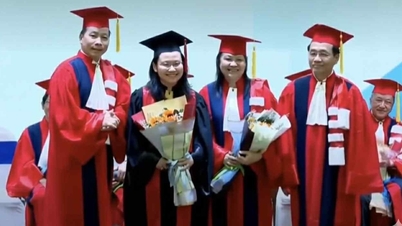

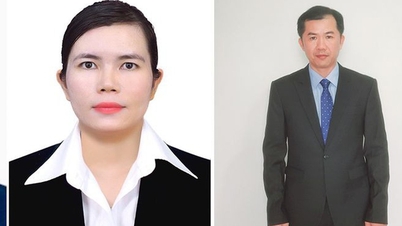

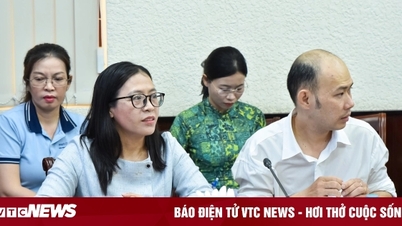

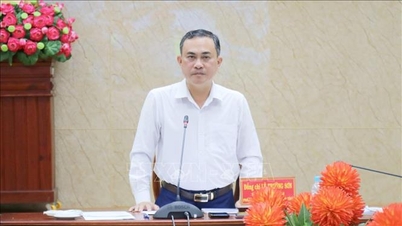

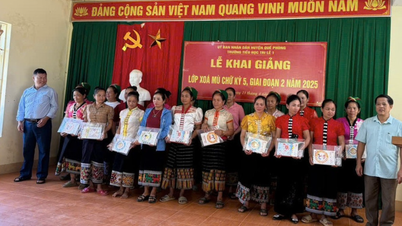
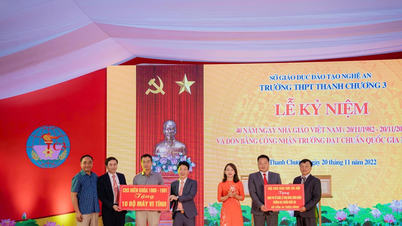










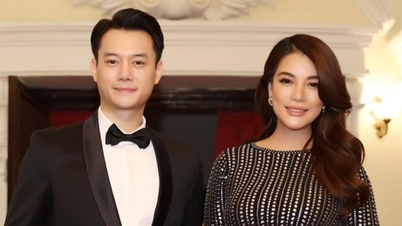


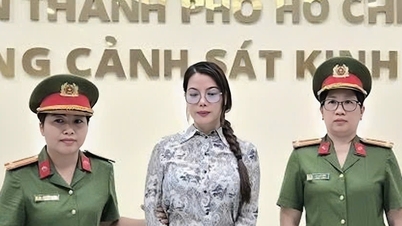

































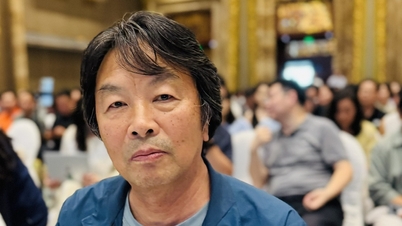
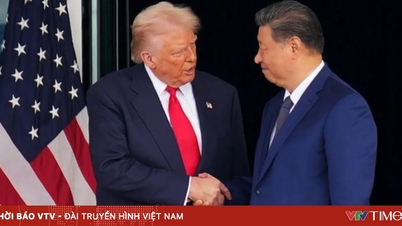

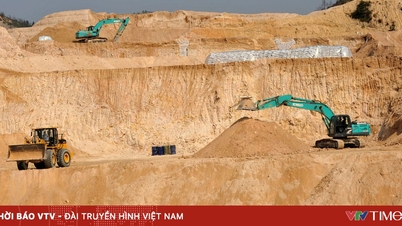
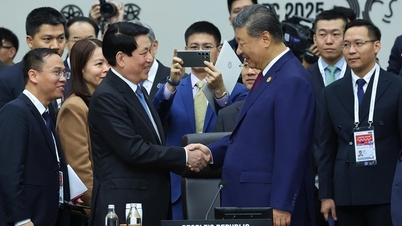
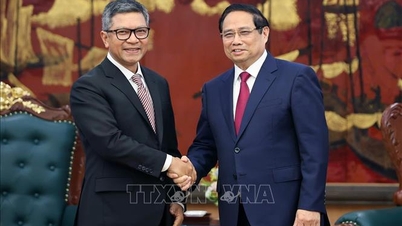






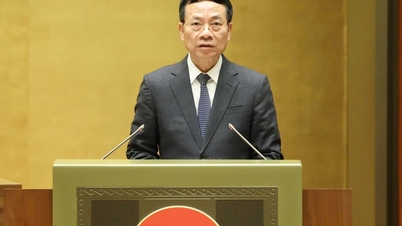
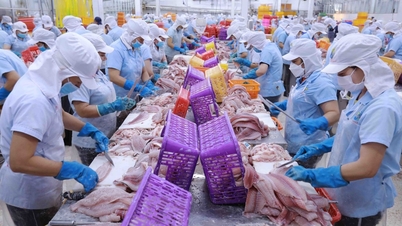
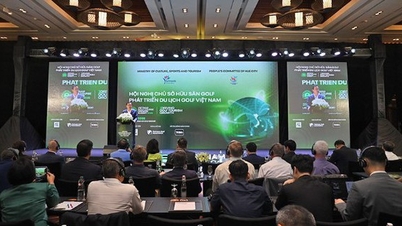





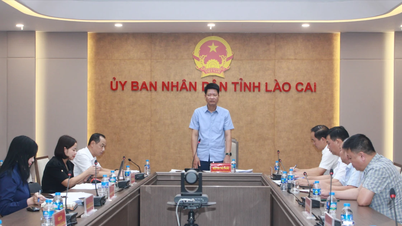

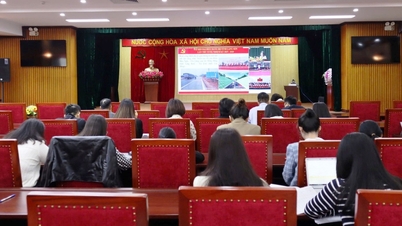

















Comment (0)